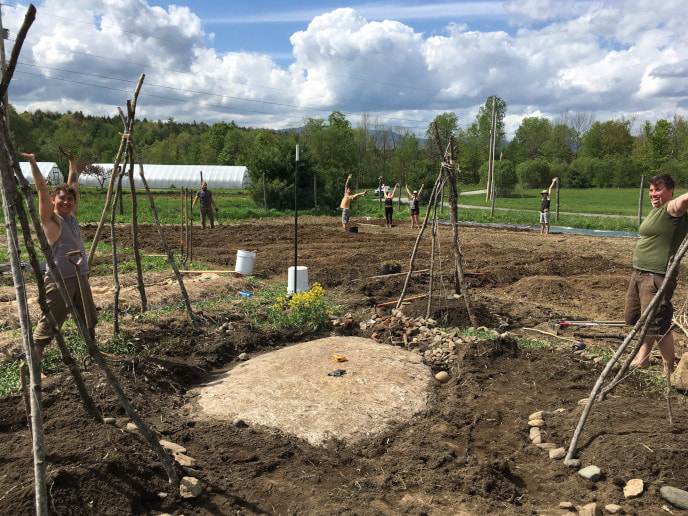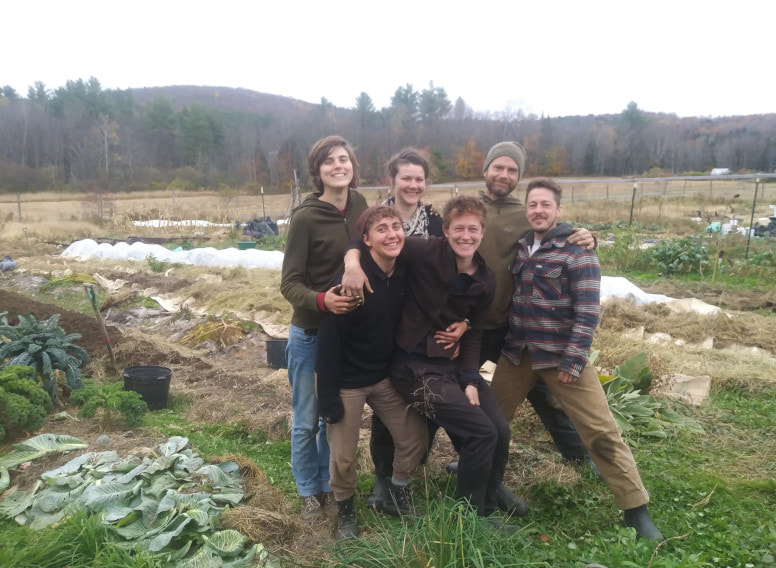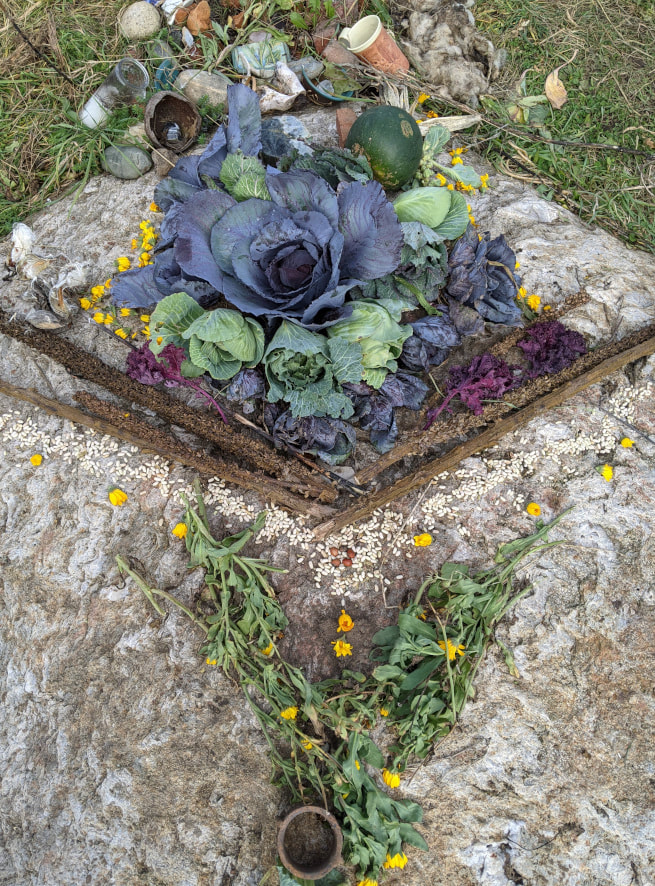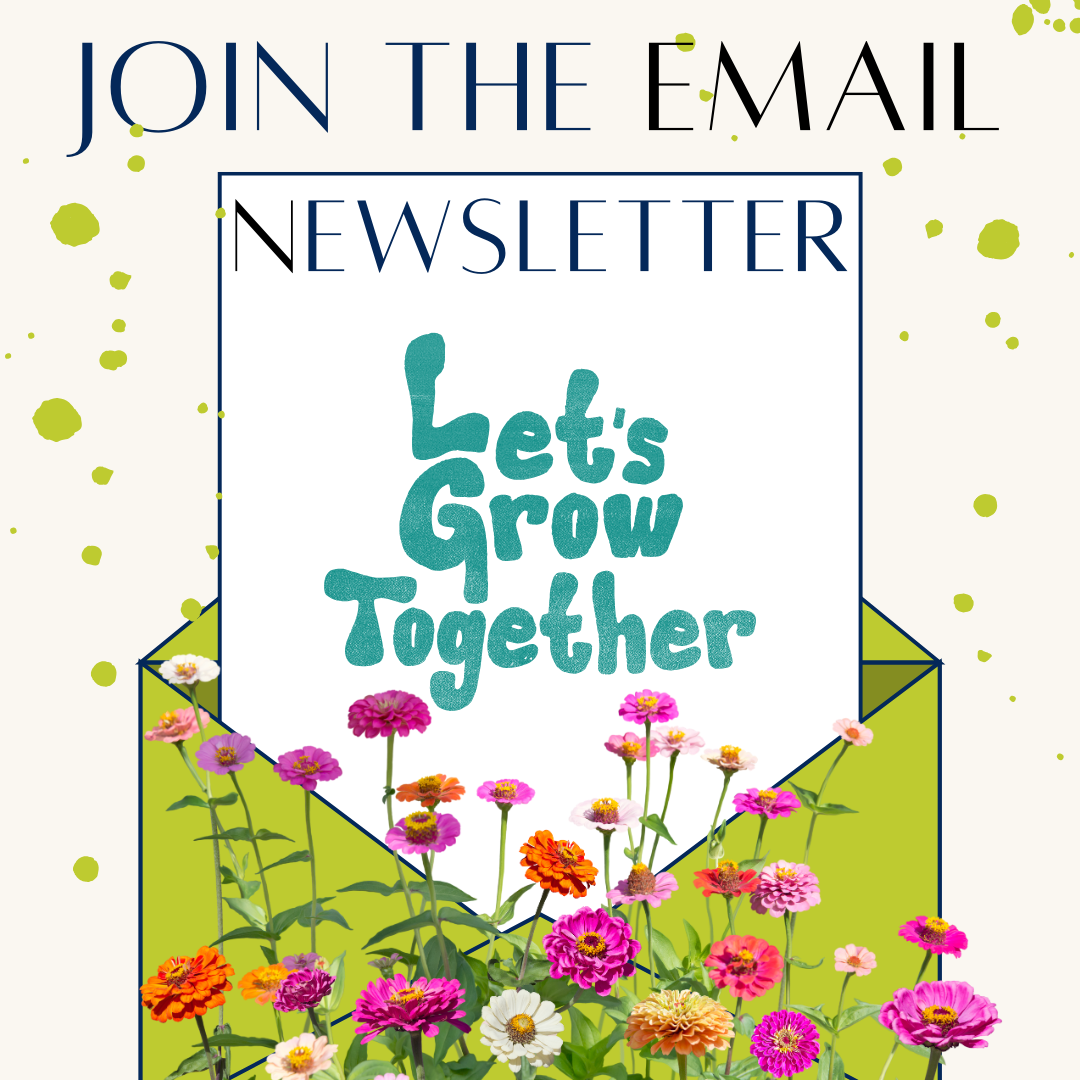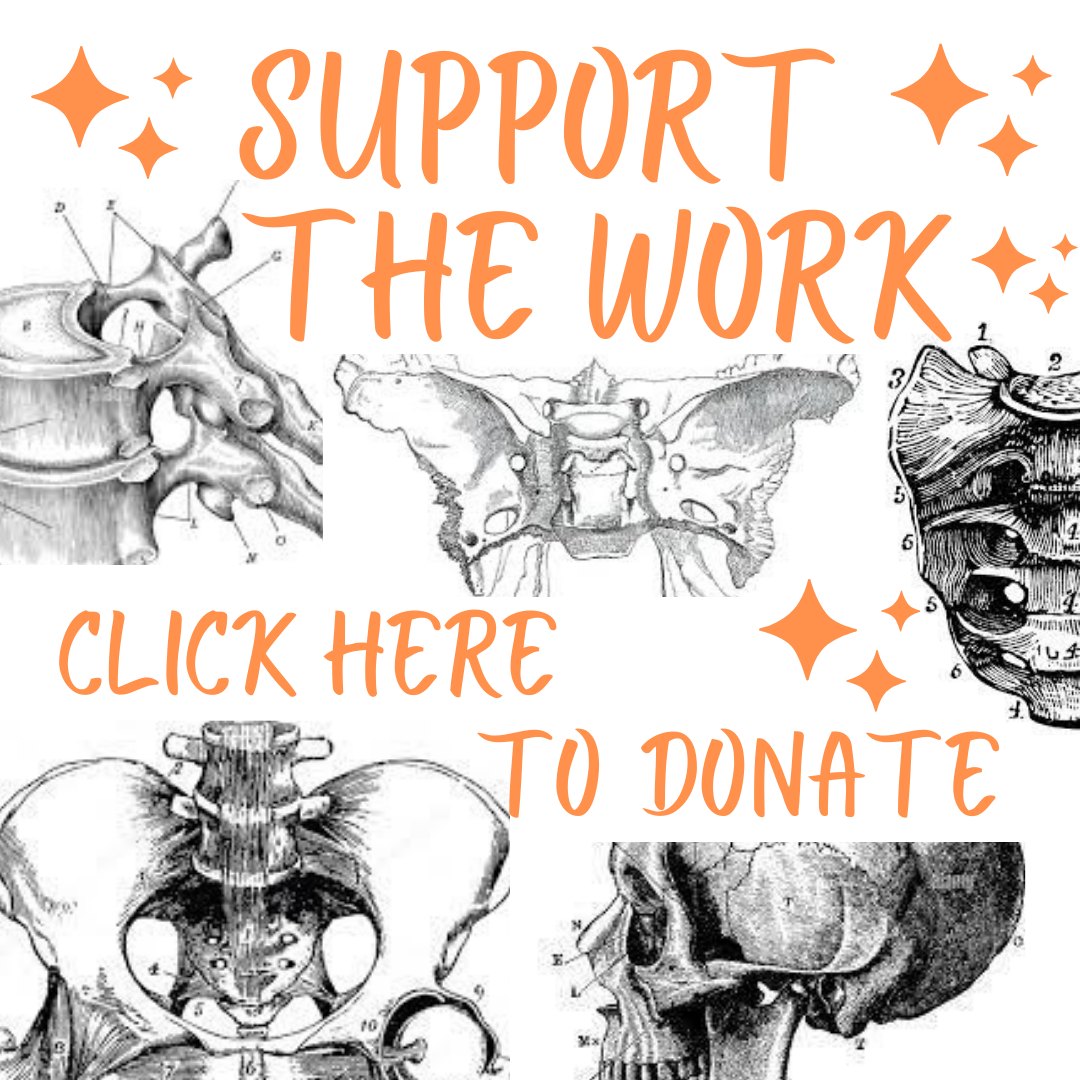Scopes of Involvement
|
Our project is organized in three concentric circles of involvement called Scopes. Each Scope provides ever-deeper opportunities to grow food in community in alignment with our vision, mission and values.
For detailed descriptions of each Scope,
check out our full Roles Document. To join a Scope, complete the relevant Membership Application below: |
|
Outer Scope/Community Work Days Outer Scope members weave into the Garden on a monthly basis, providing essential cross-pollination with the greater communities we are in connection with. Ways to be involved as an Outer Scope member is to attend our Community Work Days. Inner Scope- WEEKLY MEMBER Inner Scope Members are committed members of our team who connect with the Land, the plants, and with each other weekly. Within our Inner Scope are opportunities to hold project roles in the garden, including food justice support, preserving foods, and seed saving, as well as essential rhythms such as fertilization and bug balance. Core Scope Members of the Core Scope are the core vision holders of the Garden Project and tend the rhythms of the project throughout the wheel of the seasons. They hold the bottom line in all aspects of growing; from supporting soil to seedlings to members to community, and are in direct inquiry about positionality, privilege and equity at the levels of awareness of both individual and organizational. Membership in the CORE scope is rooted in relationship. Come join us in the garden, and let's get to know each other. At all levels of our project, Equity is a central value. As part of our collective work, we seek to foster a culture of support for members of all scopes to be in practices that deepen awareness and response-ability. This includes an invitation and opportunity for individuals at all levels of the Garden Project to investigate and name their positionalities, and to be in inquiry with one another about ancestry, decolonization, anti-racism, and repair. |
